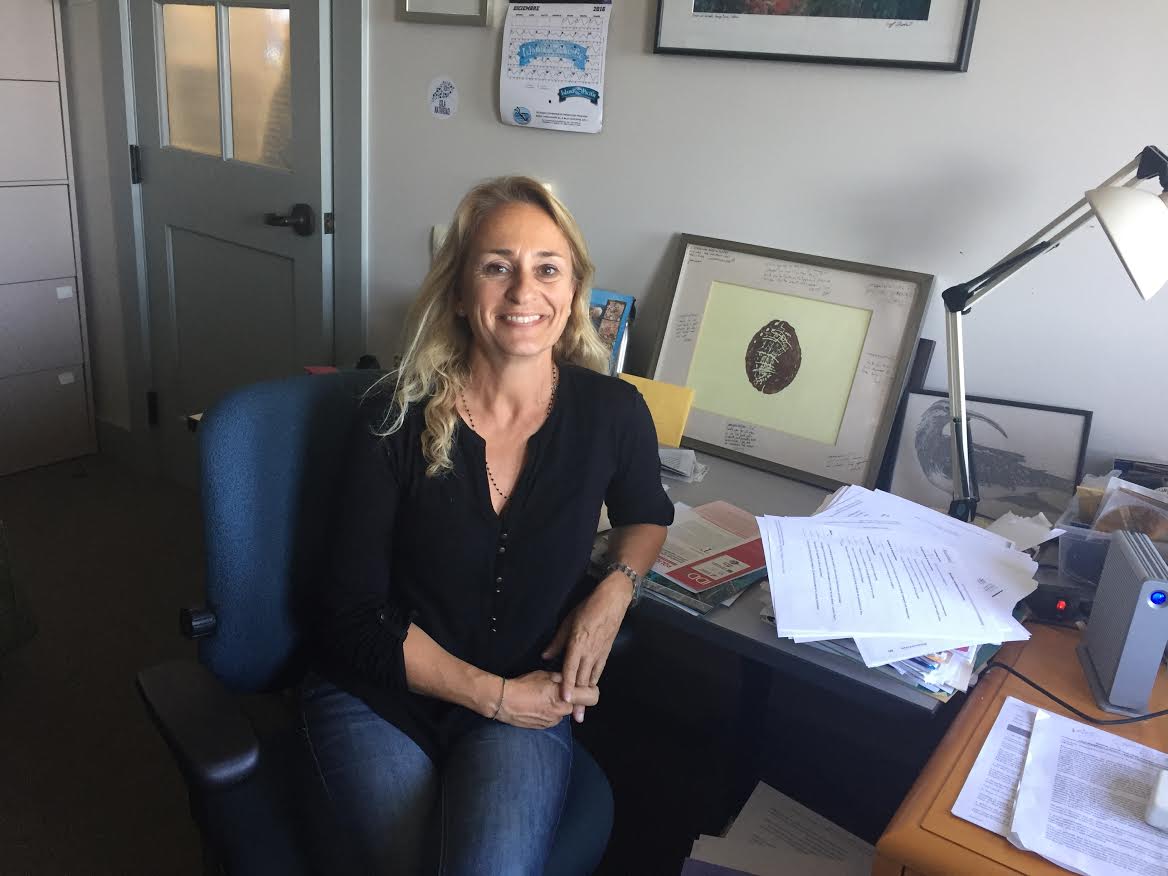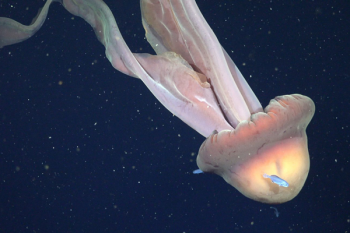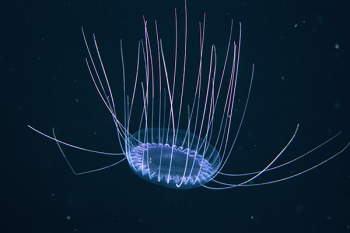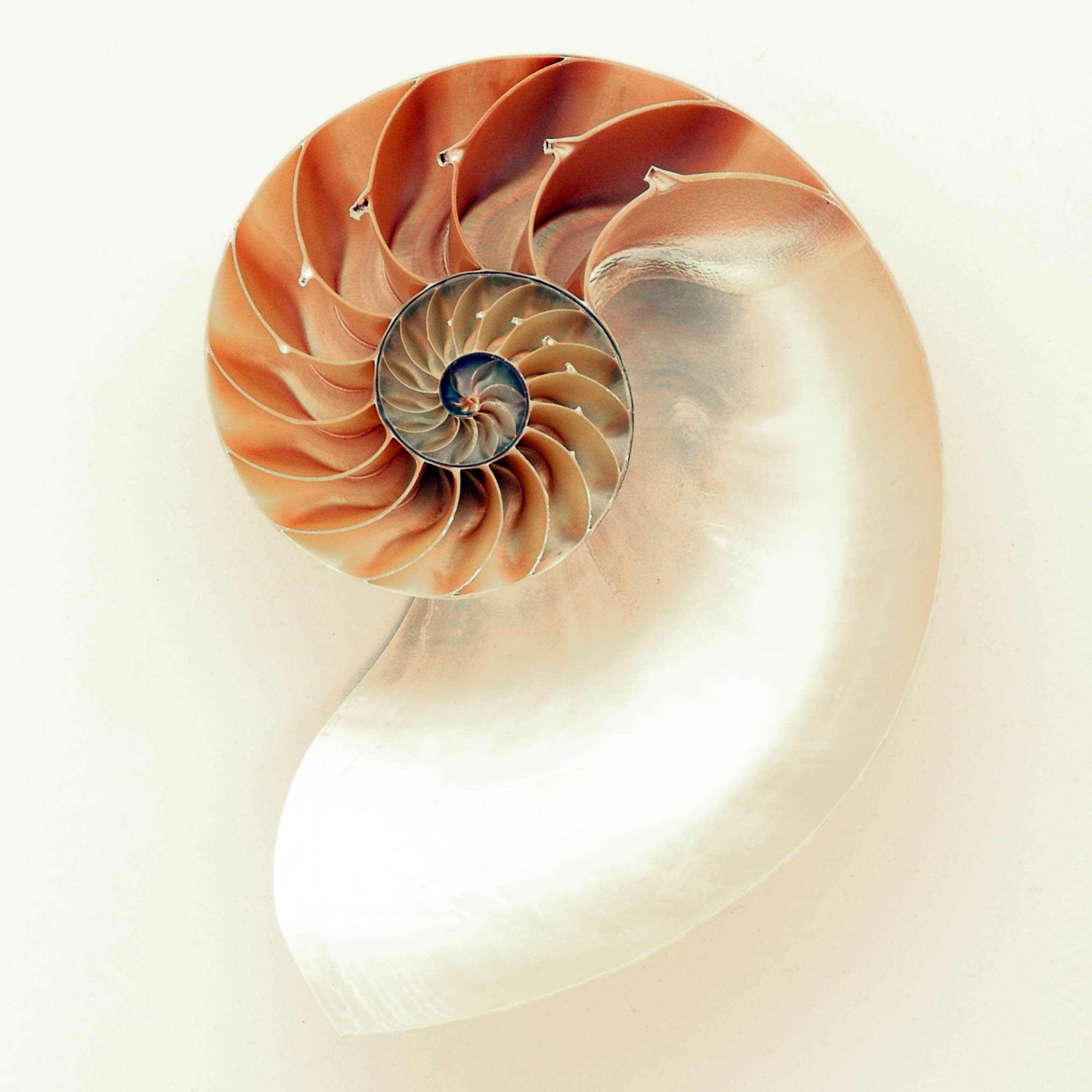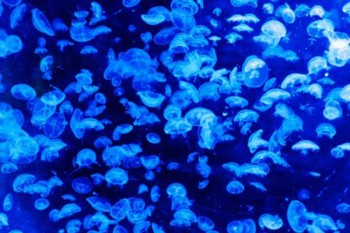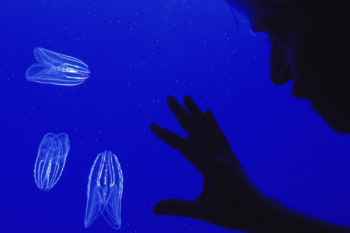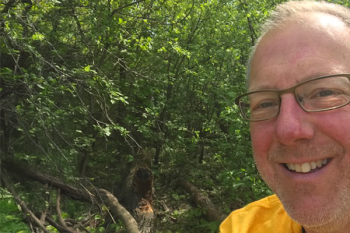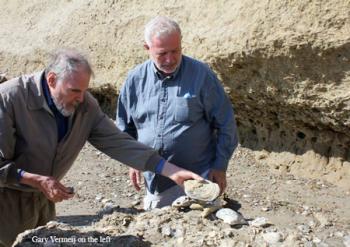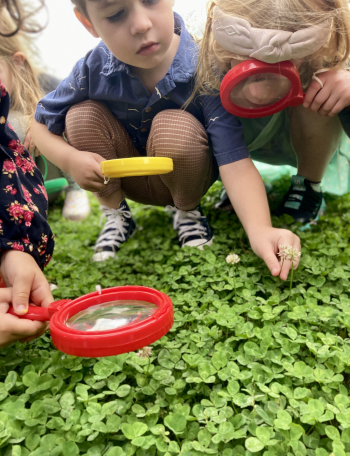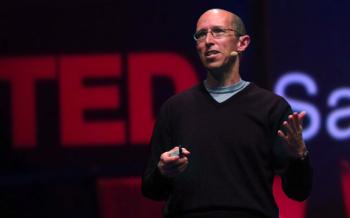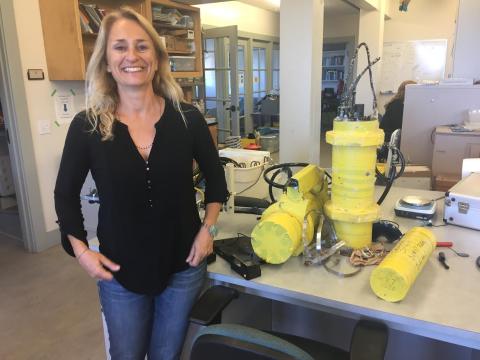
Fio loves science because it’s always new – she is always learning new things. And she loves being outside, so marine field ecology is right for her. And she values the team approach that her research requires. As a community ecologist, Fio studies how species interact with each other and with their environment. She has studied the rocky intertidal, kelp forests, rocky reefs, coral reefs, sea grass communities, and deep sea hydrothermal vents. Now Fio says, “I’m thinking of community ecology in a broader way where people are part of the ecosystem.” Human-caused climate change, ocean acidification and fishing pressure are stressing marine communities.
Fio’s favorite project is in Baja California, Mexico. Working with fishermen to monitor ocean conditions, Fio and her team are trying to understand what options are available to them. It’s a question of finding what species are winners or losers in the changing environment. The fishing cooperatives fish less for abalone and sea urchin; now it’s lobster and fin fish. Four of the coops have used marine reserves to their advantage. Fio and her team found that marine reserves make the system more resilient in the face of climate change.
Fio is looking forward to “making science more useful”, with more and more scientists taking their work out of the lab and field into the world. She wants to look for science-based solutions to ocean problems. It’s essential “for science to be part of solving ocean issues.”
